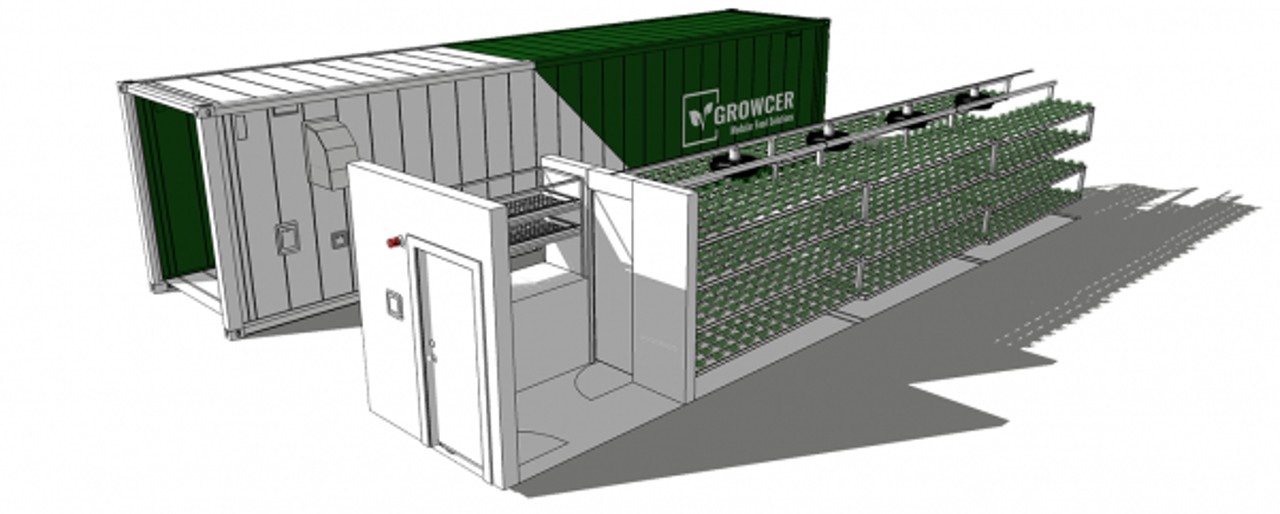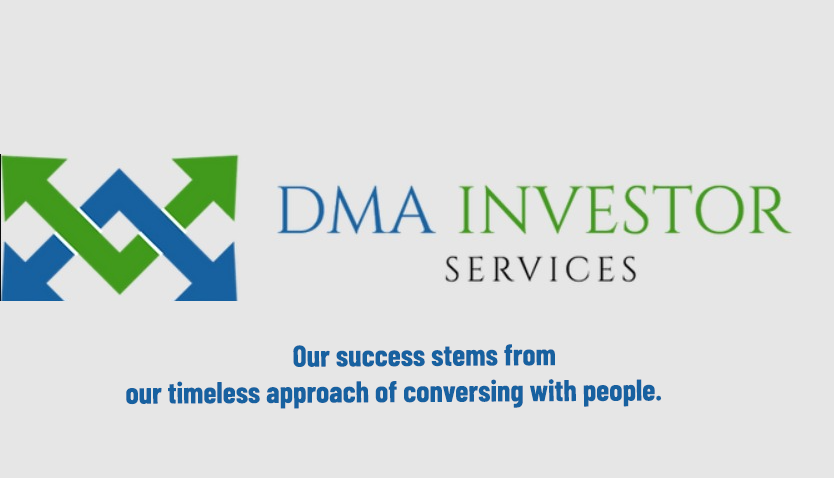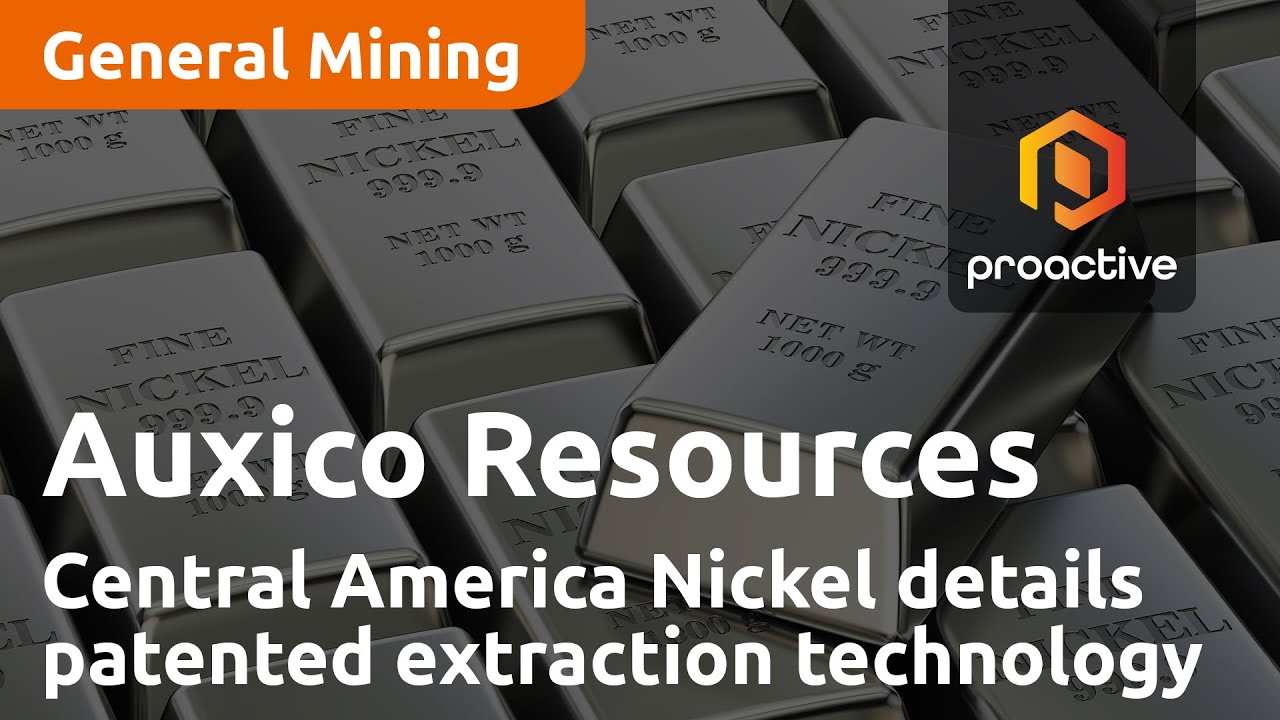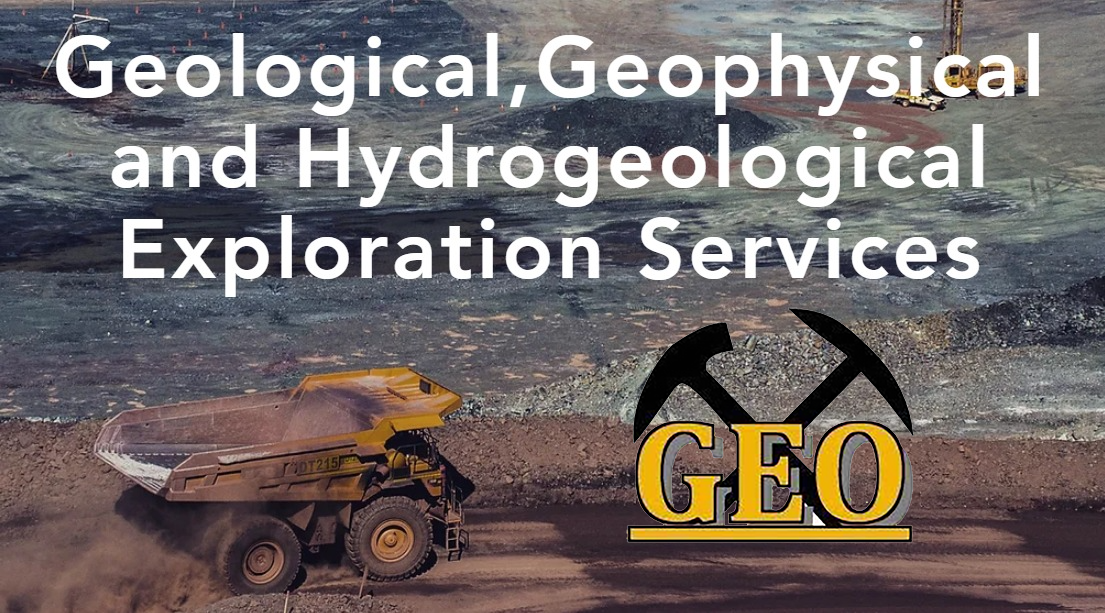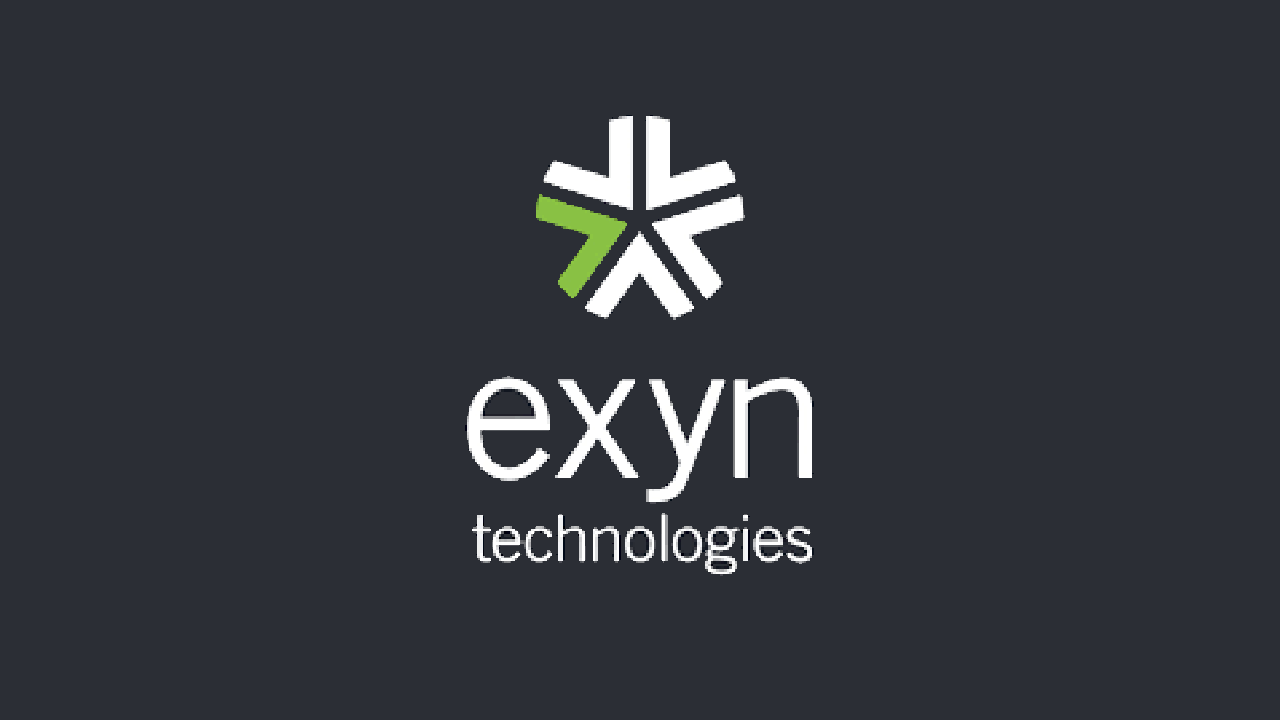The Growcer
La société basée à Ottawa, Growcer, fondée par Alida Burke et Corey Ellis, vise à s'attaquer au coût élevé et à la mauvaise qualité des produits dans les régions éloignées. Ils ont développé des fermes hydroponiques logées dans des conteneurs de 40 pieds qui peuvent s'adapter à une gamme de climats, des toundras arctiques aux parkings urbains. Ces systèmes innovants utilisent seulement 5% de l'eau nécessaire à l'agriculture traditionnelle et peuvent produire suffisamment de légumes pour nourrir jusqu'à 110 personnes par jour. Le réseau de l'entreprise a déjà produit environ 5 millions de portions de légumes en juin 2023. Les fermes hydroponiques servent à plusieurs fins, de la fourniture de produits frais dans les communautés isolées à l'aide à la diversification des revenus des agriculteurs existants. Elles ont également suscité l'intérêt de petites chaînes d'épicerie, qui ont installé ces fermes conteneur dans leurs parkings pour réduire les coûts de transport et les prix pour les consommateurs. Les groupes communautaires utilisent la technologie pour impliquer les jeunes, réintégrer les personnes marginalisées et approvisionner les banques alimentaires locales en produits frais. Au départ financée de manière autonome, puis soutenue par la Banque de développement du Canada (BDC), Growcer est passée de la licence de la technologie d'une autre entreprise au développement de son produit original. La société a été prudente dans sa planification financière, allant jusqu'à refuser une offre d'investissement de 250 000 $ de l'émission de la CBC "Dans l'œil du dragon" en 2019. Cependant, d'ici 2022, elle avait attiré 25 investisseurs providentiels et s'était développée dans de nouvelles technologies agricoles. Le principal défi auquel Growcer est confronté est le coût de 300 000 $ pour les clients potentiels, car la technologie ne s'intègre pas facilement dans les catégories de financement traditionnelles. Malgré cela, les fondateurs restent attachés à leur mission de réduire l'insécurité alimentaire dans les communautés isolées, et ils s'attendent à ce que la technologie devienne plus accessible financièrement à mesure qu'elle gagne une plus large reconnaissance.Investment Disclosure
The content provided on this website and in Mine$tockers episodes is for informational purposes only and should not be considered as an offer, solicitation, recommendation, or determination by Mine$tockers Inc. for the sale of any financial product or service or the suitability of an investment strategy for any investor.
Investors are advised to consult a financial professional to determine the appropriateness of an investment strategy based on their objectives, financial situation, investment horizon, and individual needs. This information is not intended to serve as financial, tax, legal, accounting, or other professional advice, as such advice should always be tailored to individual circumstances.
The products discussed herein are not insured by any government agency and carry risks, including the potential loss of the principal amount invested. Any information provided is based on both internal and external sources and should not be construed as an endorsement or conclusion regarding a company's financial prospects, resources, or management. Opinions expressed may change and should not be relied upon. It is crucial to seek personalized investment advice for your unique situation.
Natural resources investments are generally volatile, with higher headline risk than other sectors. They tend to be more sensitive to economic data, political and regulatory events, and underlying commodity prices. The prices of natural resources investments are influenced by factors such as the costs of underlying commodities like oil, gas, metals, and coal. These investments may trade on various exchanges and experience price fluctuations due to short-term demand, supply, and investment flows.
Natural resource investments often respond more sensitively to global events and economic data, including natural disasters, political turmoil, pandemics, or the release of employment data.
Investing in foreign markets may carry greater risks than domestic markets, including political, currency, economic, and market risks. It is essential to evaluate if trading in low-priced and international securities is appropriate for your circumstances and financial resources. Past performance does not guarantee future results.
Mine$tockers Inc., its affiliates, family, friends, employees, associates, and others may hold positions in the securities it covers. Some of the companies covered may be paying clients of the production.
No investment process is risk-free, and profitability is not guaranteed; investors may lose their entire investment. No investment strategy or risk management technique can guarantee returns or eliminate risk in any market environment. Diversification does not ensure a profit or protect against loss. Investing in foreign securities involves risks not associated with domestic investments, such as currency fluctuations, political and economic instability, and differing accounting standards, potentially leading to greater share price volatility. The prices of small- and mid-cap company stocks generally experience higher volatility than large-company stocks and may involve higher risks. Smaller companies may lack the management expertise, financial resources, product diversification, and competitive strengths needed to withstand adverse economic conditions.

Studio
Toronto Ontario Canada
kevin@MineStockers.com
Phone
+1 (905) 967-2519
